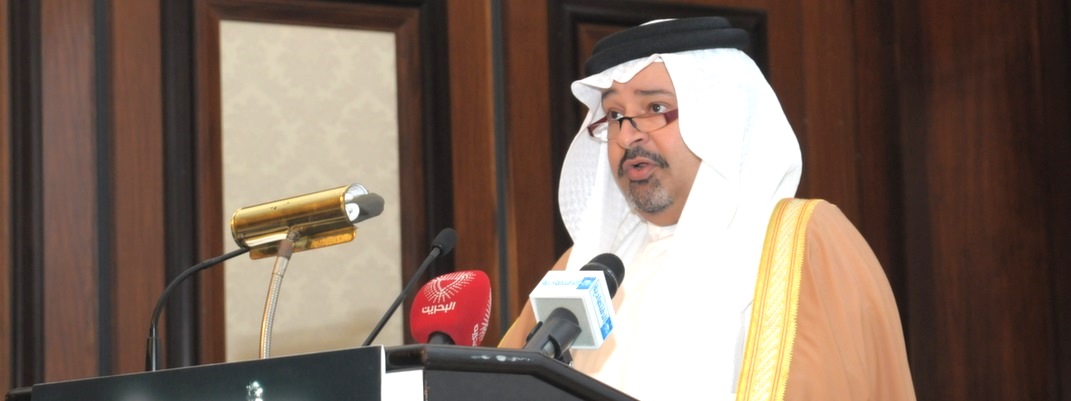 Bahrain would soon introduce austerity measures as recommended by a delegation from the International Monetary Fund (IMF) which visited the Gulf country January 12 to 25 for annual consultations.
Bahrain would soon introduce austerity measures as recommended by a delegation from the International Monetary Fund (IMF) which visited the Gulf country January 12 to 25 for annual consultations.
Bahrain is struggling with the low oil prices and IMF forecasted that the Gross Domestic Product (GDP) will continue falling to 2.2% this year.
Finance minister Sheikh Ahmed bin Mohammed al-Khalifa on Saturday acknowledged that the recommendations of the global monetary institution “echo Bahrain’s current fiscal action plan.”
IMF’s review report pointed out that “external and fiscal vulnerabilities have intensified, and consumer and investor sentiment has weakened” due to expectations that the diving of oil prices will continue over the medium term. This makes the implementation of “a sizeable fiscal adjustment” urgent in a bid to “restore fiscal sustainability, reduce vulnerabilities, and boost investor and consumer confidence,” IMF said.
Reforming the taxation system, curbing public spending and freezing public wages are among the steps being considered.
With a budget deficit of around 15% of the GDP and debt likely to increase, Bahrain is expected to use bond markets to finance its deficit. Bahrain has a bi-annual budget system and Minister Shiekh Ahmed said the government will balance the budget “within three budgetary cycles.” He explained that the “Government Action Plan, currently underway, includes wide-ranging measures that will ensure the sustainability of Bahrain’s financial resources and development, benefiting the entire country.” The budget plan for 2015 and 2016 envisaged a deficit of about 1.505billion dinars ($4 billion).
Bahrain is determined to diversify its economy, review its subsidy program and public expenses according to the finance minister while the IMF stated that the continuity of an effective supervision of banks by the Central Bank “will support the continued development and stability of the financial system.”
